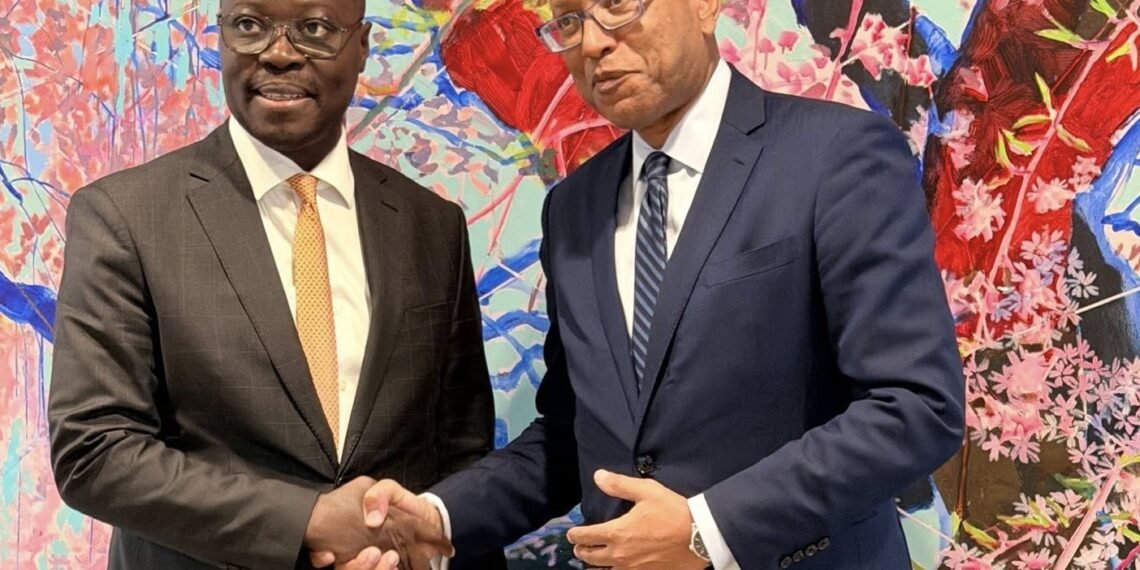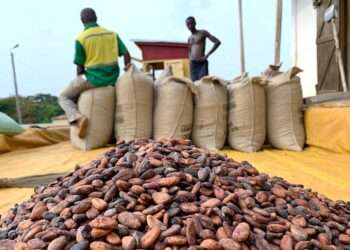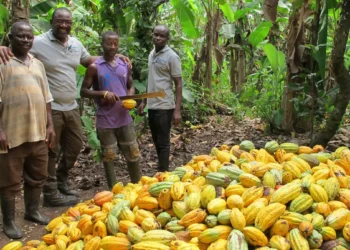Ghana’s Finance Minister, Dr. Cassiel Ato Forson, has reaffirmed the government’s determination to transform the country’s agriculture sector through a new Oil Palm Plantation Policy, which he says will anchor Ghana’s next phase of industrialization and job creation.
The Minister disclosed that the policy, which is in its final stages of preparation, will be presented in the 2026 Budget as part of a broader strategy to develop economic crops and position agriculture as a catalyst for sustainable growth.
“I just concluded a highly productive meeting with the Regional Vice President for Africa at the International Finance Corporation (IFC), Ethiopis Tafara, where we explored opportunities to deepen our partnership in support of Ghana’s development priorities, especially in the agriculture sector”.
Ghana’s Finance Minister, Dr. Cassiel Ato Forson
Dr. Forson explained that the Oil Palm Plantation Policy forms part of a larger national vision to modernize agriculture, promote value addition, and create sustainable employment opportunities.
He noted that the government’s focus on oil palm, among other strategic crops, is designed to enhance productivity, attract private sector investment, and diversify Ghana’s export base beyond cocoa.
“This forms part of a broader national strategy to develop economic crops and to transform agriculture into a powerful driver of jobs, growth, and industrialization.”
Ghana’s Finance Minister, Dr. Cassiel Ato Forson
Highlighting the enormous potential of the initiative, Dr. Forson projected that with the right investment and collaboration, Ghana could generate more than 500,000 jobs across the agricultural value chain — from cultivation and processing to manufacturing and exports.
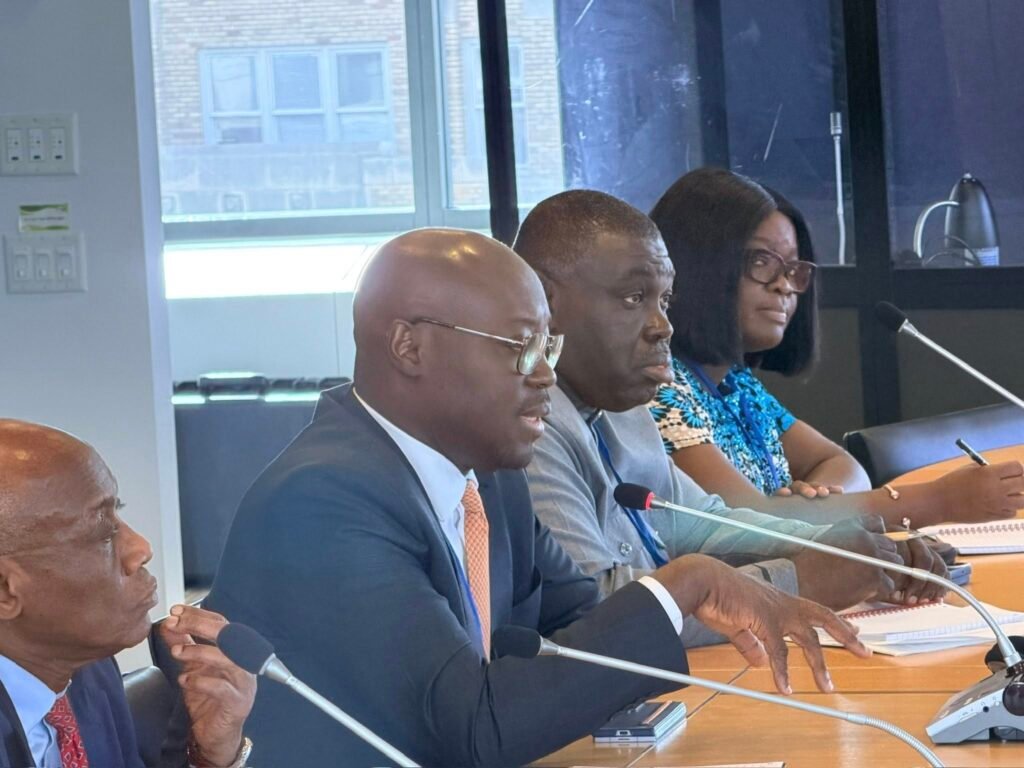
Importantly, the Oil Palm Plantation Project is not a new concept in Ghana’s development blueprint. It was a major component of the National Democratic Congress (NDC) and President John Dramani Mahama’s manifesto promise ahead of the 2024 general elections.
The initiative was conceived as part of a comprehensive agricultural diversification plan aimed at revitalizing Ghana’s rural economy and expanding the country’s agro-industrial base.
The policy’s inclusion in the 2026 Budget therefore represents the government’s fulfillment of a key campaign commitment to boost local production and reduce reliance on imported edible oils.
Availability of Patient Capital
The Minister stressed that the success of such an ambitious transformation agenda hinges on the availability of “patient capital” — long-term financing that supports large-scale agricultural projects capable of generating high economic and social returns.
He said the government is working closely with the World Bank, the IFC, and other development partners to mobilize funding and catalyze private sector involvement in agricultural development.
He underscored that the partnership with the IFC represents a strategic opportunity to bridge Ghana’s agricultural financing gap, stimulate agribusiness growth, and integrate local producers into global value chains.
The IFC, being the private sector arm of the World Bank Group, plays a critical role in mobilizing investment and technical support for developing economies, and Ghana’s engagement with the institution signals a renewed focus on long-term agricultural sustainability.
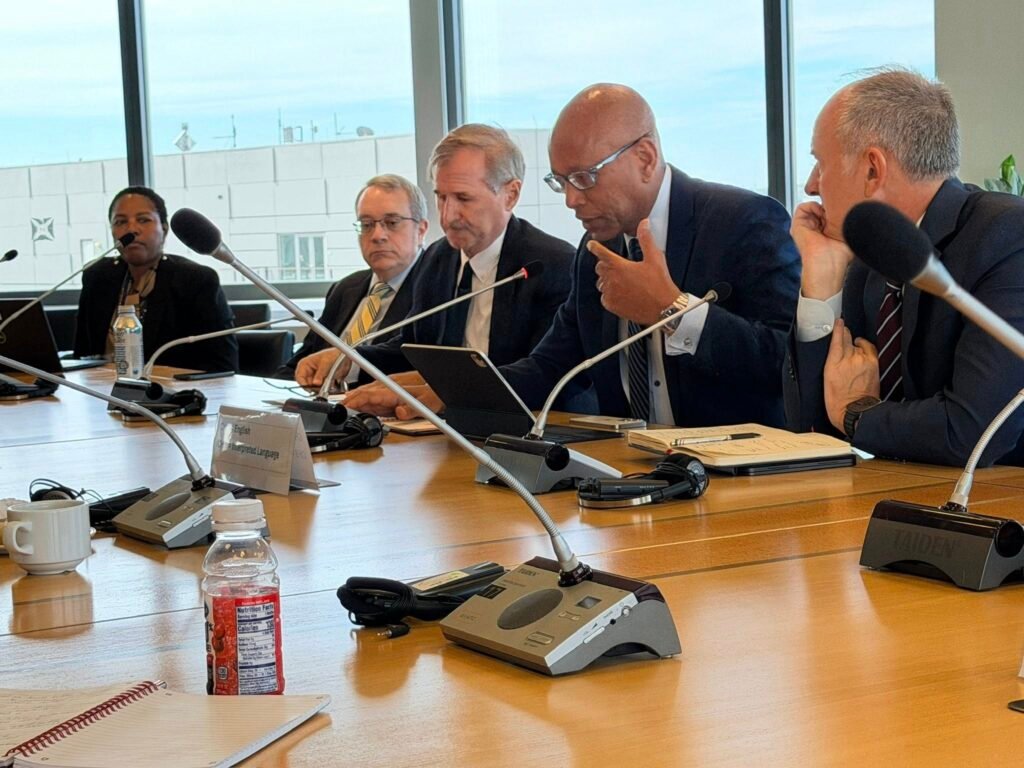
The Finance Minister reiterated that agriculture remains central to Ghana’s economic transformation agenda. He emphasized that by harnessing the potential of strategic crops such as oil palm, rubber, and cashew, the government aims to promote industrial growth, enhance export competitiveness, and expand opportunities for rural communities.
The government’s approach also aligns with its broader objective of diversifying the economy, improving food security, and reducing vulnerability to external shocks.
The emphasis on value chain development and industrial linkages reflects a deliberate strategy to integrate agriculture into the country’s industrial growth framework.
Ghana’s agricultural potential has long been underexploited due to limited access to finance, inadequate infrastructure, and weak value chain coordination.
By engaging international partners like the IFC and the World Bank, the government is signaling a shift toward a more structured, investment-driven approach that prioritizes productivity, sustainability, and inclusive participation.
The upcoming 2026 Budget is expected to outline specific interventions under the Oil Palm Plantation Policy, including incentives for private sector investment, support for smallholder farmers, and frameworks for sustainable land management.
The policy could also include mechanisms to ensure environmental safeguards and equitable participation of local communities in plantation development.
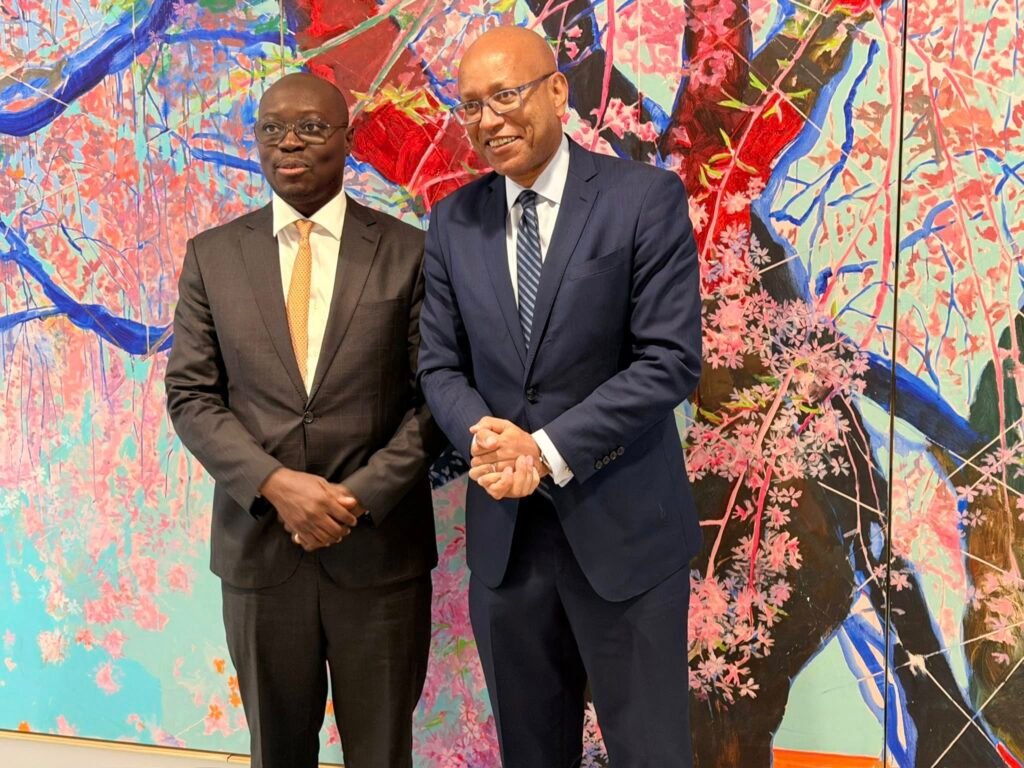
Dr. Forson’s engagement with the IFC forms part of a series of high-level dialogues between Ghana and its international development partners aimed at mobilizing capital for priority sectors such as agriculture, infrastructure, and renewable energy.
The collaboration reinforces Ghana’s commitment to leveraging strategic partnerships to unlock growth and resilience in the face of evolving global economic challenges.
The proposed Oil Palm Plantation Policy could mark a turning point in Ghana’s efforts to modernize agriculture and reduce dependence on commodity exports.
If implemented effectively, it could strengthen agro-processing industries, attract foreign direct investment, and promote rural industrialization.
READ ALSO: Barker-Vormawor Pushes for a Robust Framework to Recover Stolen Public Funds



